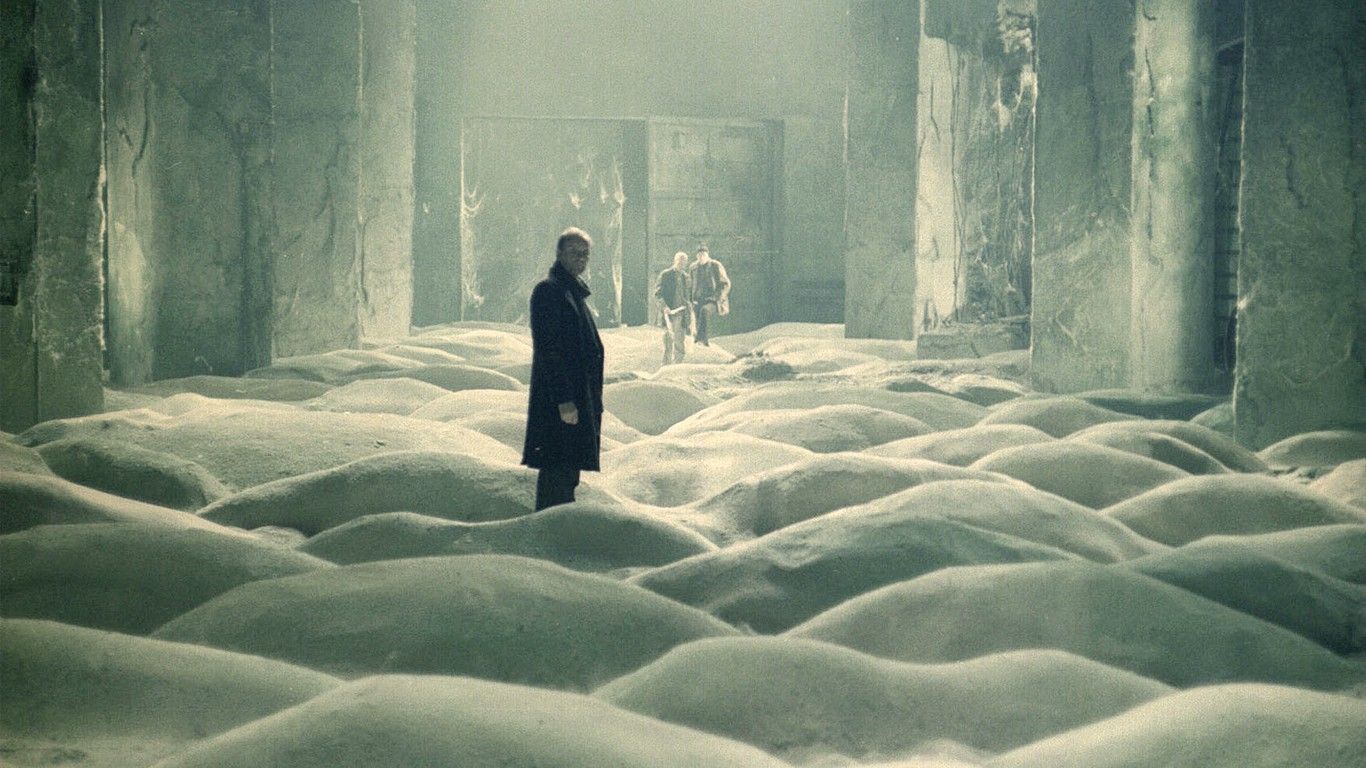-
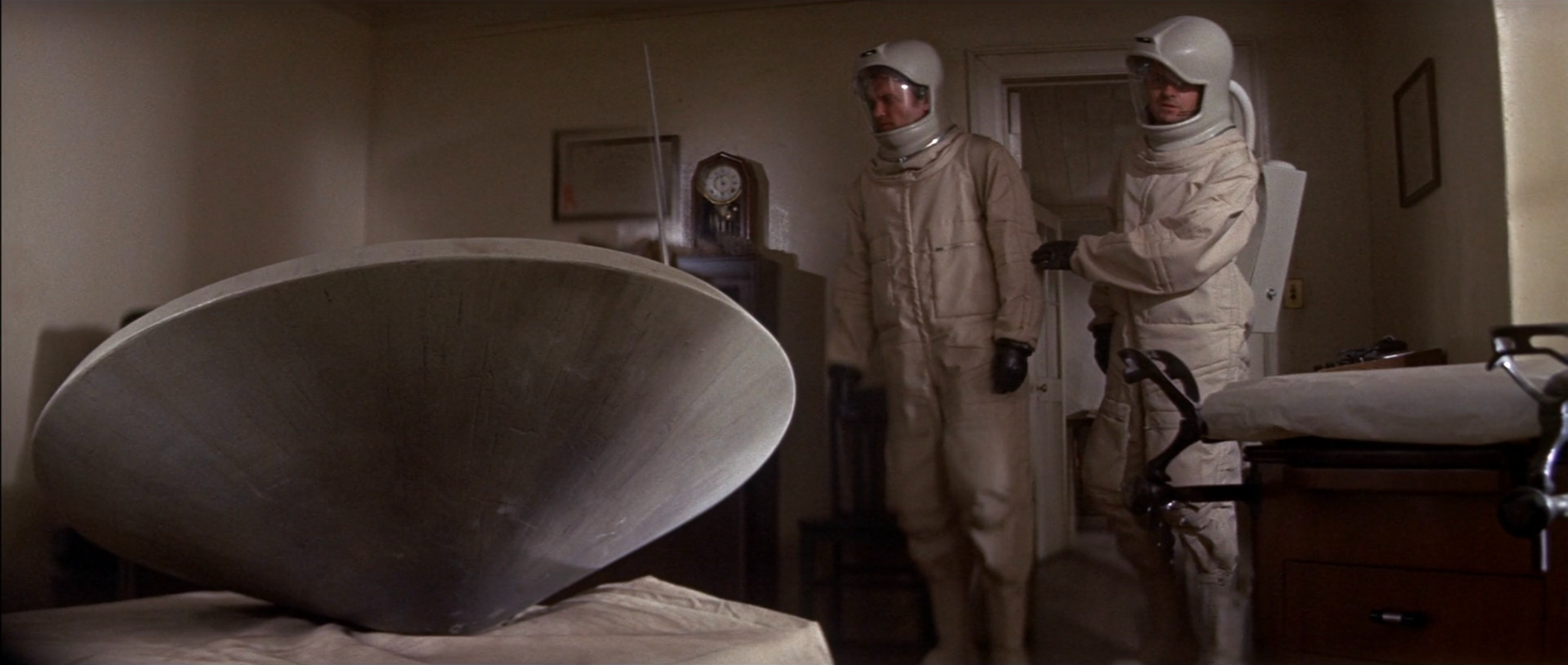
The Andromeda Strain (1971)
The pursuit of knowledge is nothing more than a path to existential insecurity in The Andromeda Strain, sending a team of scientists deep underground to investigate the terrestrial arrival of a deadly alien organism, and developing a terrifying allegory for widespread nuclear warfare that Robert Wise delineates with methodical, formal precision.
-
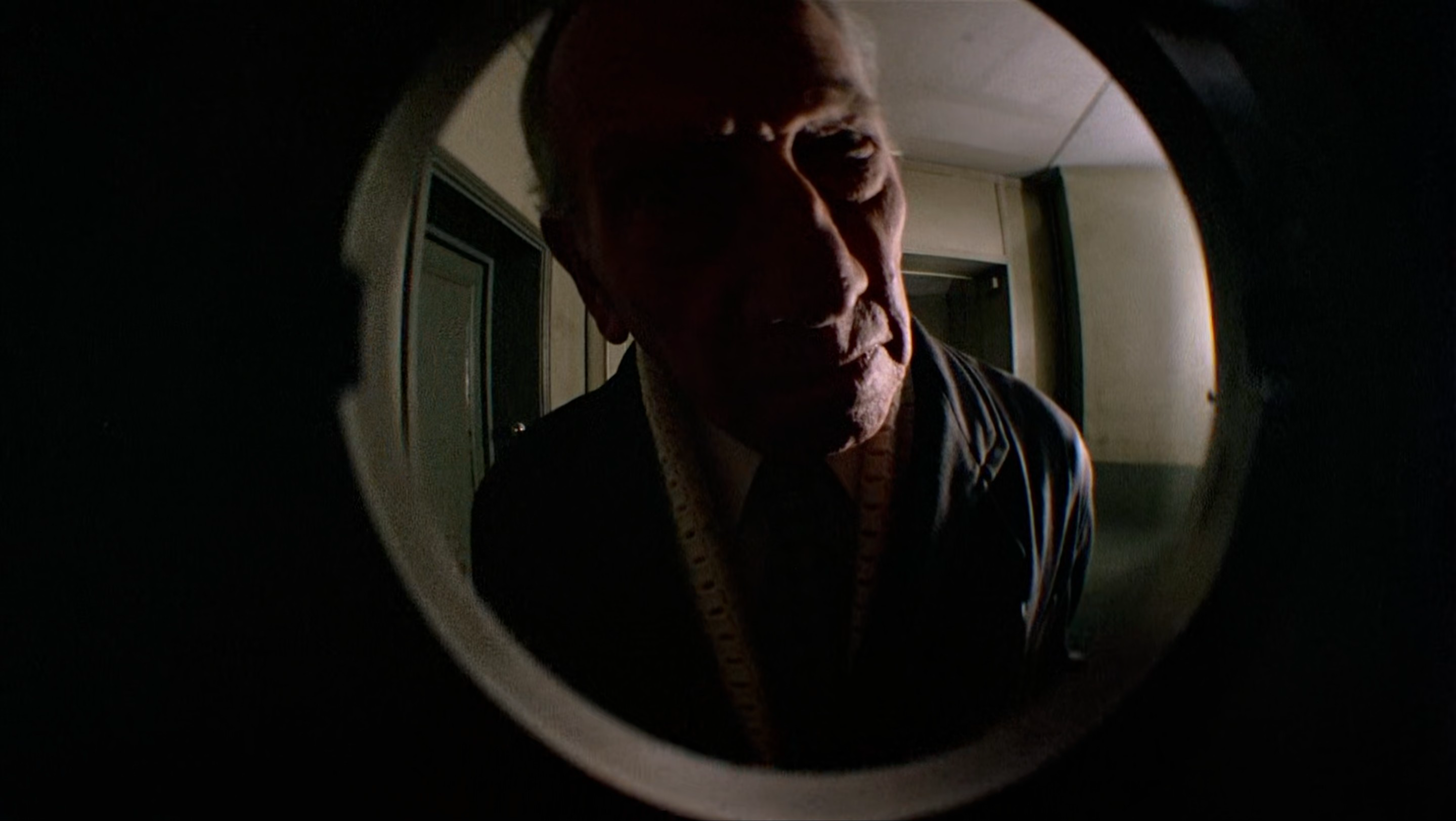
The Tenant (1976)
Even more disturbing than the realisation that Polish immigrant Trelkovsky is slowly transforming into the previous occupant of his apartment in The Tenant is the creeping feeling that his neighbours may be responsible, as Roman Polanski leads us down an absurd, psychosexual study of the alienation and guilt felt by outsiders in an inhospitable modern world.
-
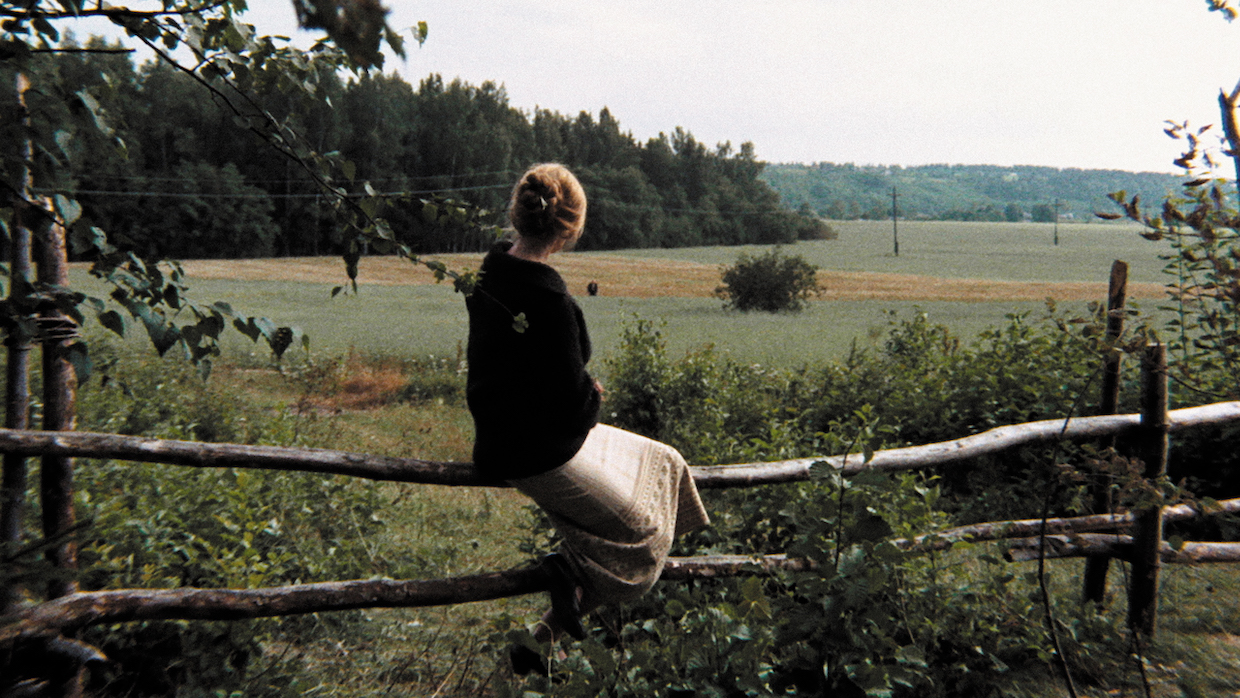
Mirror (1975)
Even as the mysteries of the human mind elude us throughout Mirror, Andrei Tarkovsky’s precise control over the raw elements of time and life itself poetically sink us into its surreal depths, opening a portal into nostalgic childhood memories distorted by the dreams, doubts, and desires that have emerged in the decades since.
-
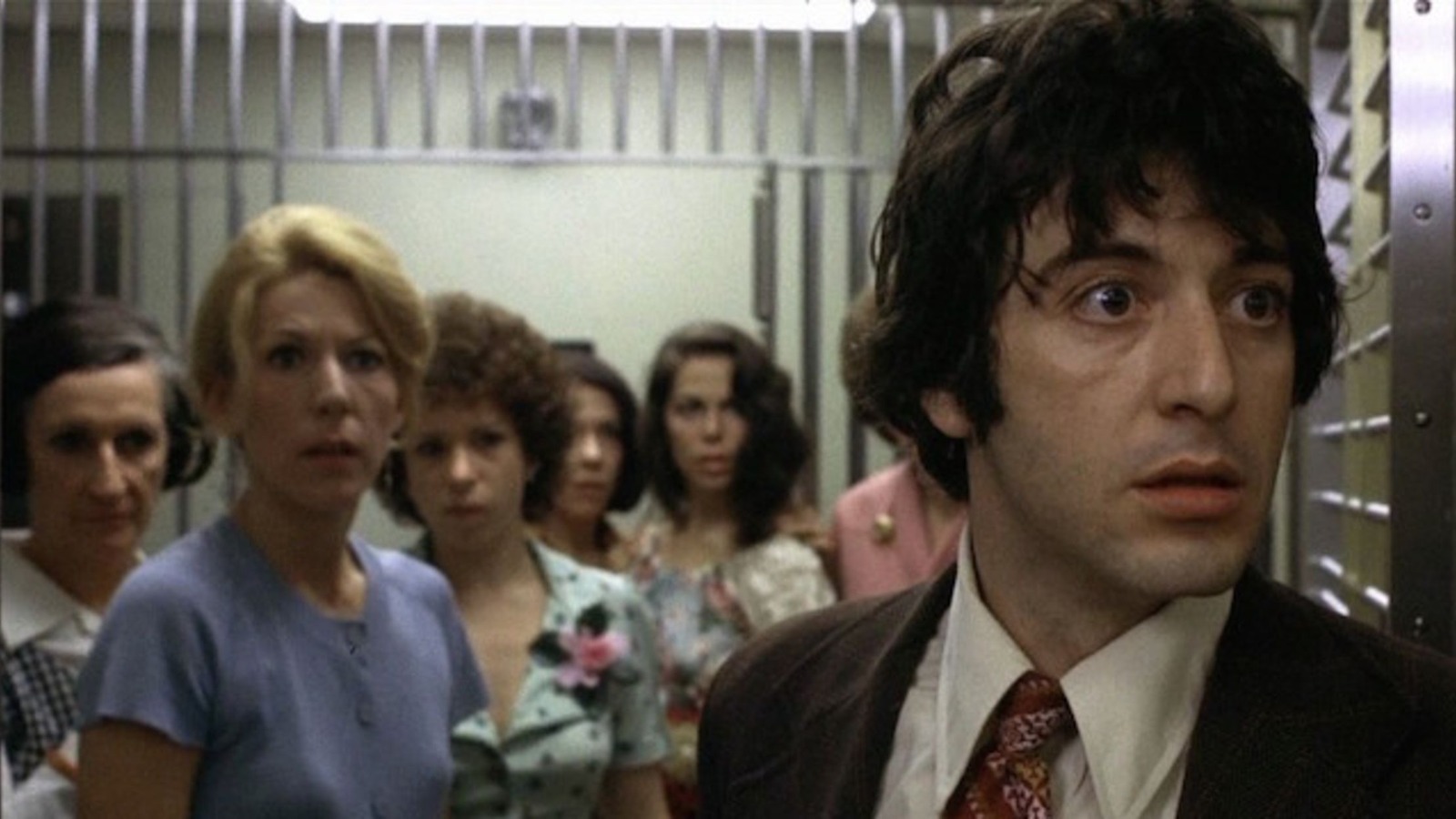
Dog Day Afternoon (1975)
The complicated love story behind the bank robbery and police stand-off of Dog Day Afternoon was never going to survive the media sensationalism around it, though Sidney Lumet’s gripping crime narrative offers the two criminals at its centre great sensitivity in its nuanced characterisations, sympathetically studying the pressures and poor decisions that led them to this moment.
-

Mean Streets (1973)
Martin Scorsese’s Catholic guilt reverberates strongly through the theological symbolism of his breakthrough gangster film Mean Streets, seeking redemption for one low-level New York mafioso trapped in his own personal purgatory of secular modernity, while cutting him off from the spiritual roots of his faith.
-
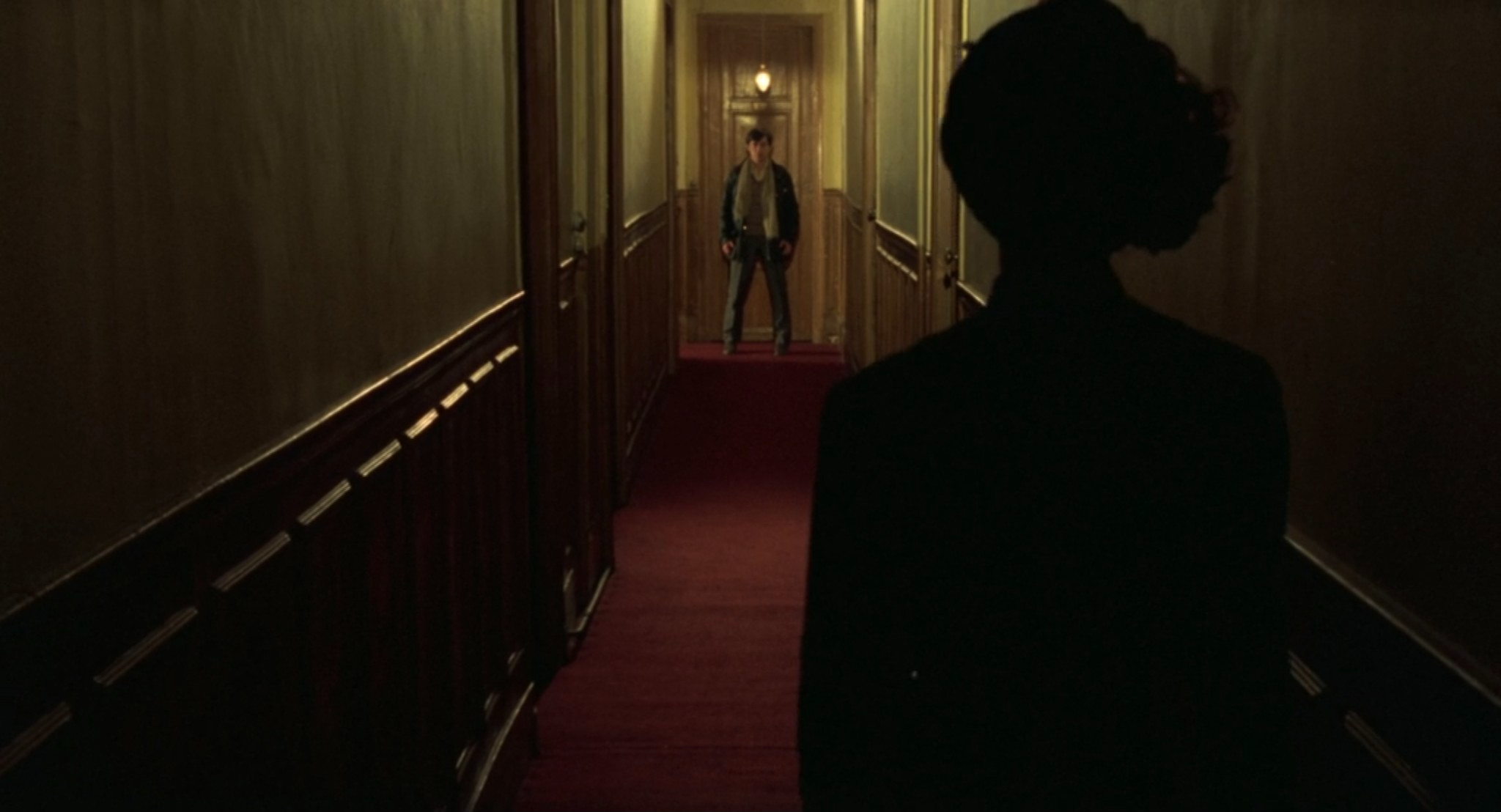
Duelle (1976)
It wouldn’t be hard to believe that each location in Duelle is interconnected within some giant, labyrinthine complex, entangling its mortal characters in a phantasmagorical web of manipulation set up by two warring goddesses, while Jacques Rivette’s obscure narrative uncovers the intransient magic simmering beneath the most ordinary corners of modern society.
